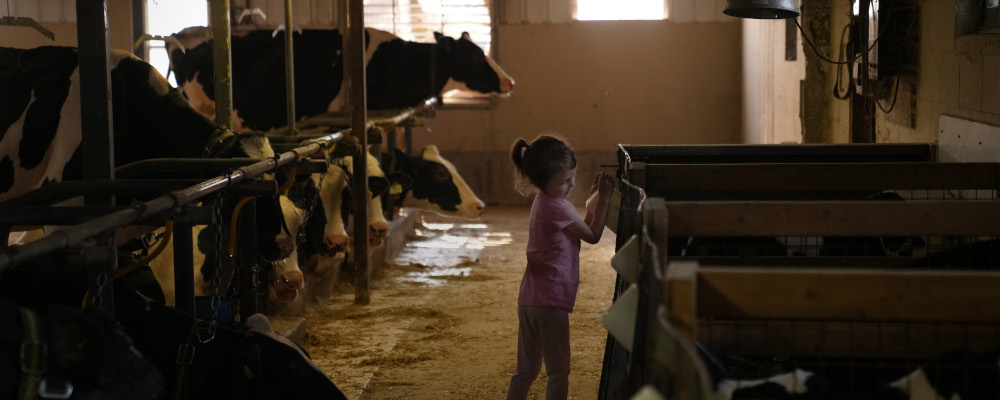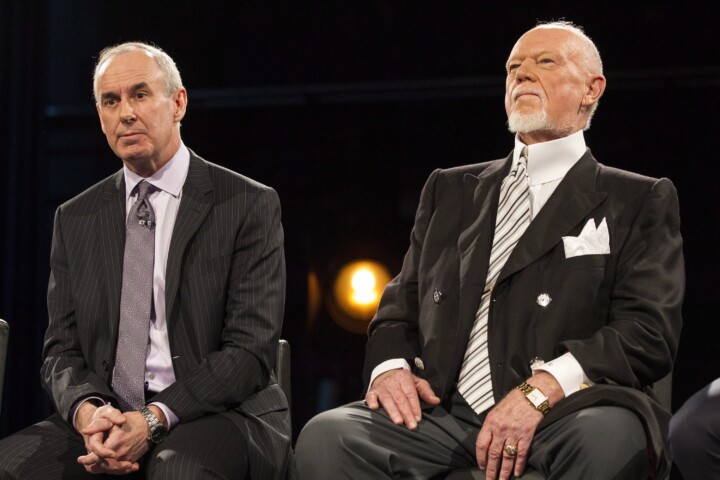Prime Minister Justin Trudeau’s recent decision to relieve home heating cost pressures in Atlantic Canada has initiated an important conversation about the challenges faced by Canadians living in rural parts of the country.
The announcement has largely been cast in political terms, with Trudeau seeking to manage pushback from his caucus in the region.
I applaud these lawmakers and the government for recognizing the unique challenges of workers, families, and businesses of rural communities in the Atlantic provinces.
But the groundswell of anger there would look familiar to anyone living in many other rural communities across the country. If anything, Trudeau’s announcement was a reminder of how smaller communities and their residents often get overlooked in the national conversation, and how we lack a coherent national approach to rural Canada.
In visiting dozens of rural and northern communities across Canada over the past few years, I’ve heard a heightened concern from workers and community leaders who feel they are merely an afterthought when it comes to federal policymaking.
Much of the current anger across the country stems from frustration around climate mitigation efforts, which are not only having a disproportionate impact on the cost of living in rural communities but also threatening the viability of industries that employ and sustain them. But the issue is much bigger and more personal than carbon taxes and climate.
Rural Canadians have long faced bigger barriers to health and social services, public transit, affordable housing, and education. We make it unnecessarily difficult for people to stay or move to rural Canada.
This needs to change. The federal government needs to do a better job of ensuring policy development is more deeply rooted in local feedback. We need to put more of a rural lens on the impacts of policy that’s created in Ottawa, much as we do for sustainability and other objectives.
This isn’t just a matter of fairness. It’s in our national economic interest to ensure that rural Canada thrives. Most of the critical resources that make Canada a valued trading partner originate in rural parts of the country, not in cities. So does much of our safe and high-quality food supply thanks to Canada’s farmers and food manufacturing workers.
The same holds true for Canada’s green transition, with rural Canada at the centre of climate action efforts. For example, these communities see first-hand the impacts of worsening fires and are committed to protecting residents and critical infrastructure by actively managing forests.
Politicians must think beyond urban voter bases to tap into the value that rural Canada brings to the wealth of our country. They must consider a community-first policy mindset so we can attract and retain workers to power these vital sectors for tomorrow.
It all starts by making rural communities viable places to live. According to the CRTC, 38 percent of rural communities still don’t have access to high-speed internet with unlimited data. The federal Rural Economic Development Strategy estimates that 24 percent of rural residents cannot find affordable rental housing—double the national average. None of this is acceptable.
Second, it’s imperative we get the policy frameworks right to ensure rural regions remain economically healthy. That starts with a do-no-harm principle in our agriculture and natural resource sectors.

Most leaders in resource-based industries like myself have long bought into the country’s green transition efforts. But we need to tread wisely, particularly for industries like forestry that, outside of the pandemic, have not benefited from historically high prices. We must continue to look at ambitious climate policy through the lens of global competition.
Additionally, rural communities stand ready to work with all levels of government to solve our biggest challenges, from effective immigration policies and settlement services to improving access to affordable housing and accelerating economic reconciliation with Indigenous peoples and communities.
Rural Canada—home to key industries like forestry, agriculture, mining, fisheries, and energy—makes up about 30 percent of the country’s GDP and an even bigger share of our exports. Canada’s raw material exports alone generated $250 billion in the 12 months through June, representing 32 percent of total shipments abroad. Add resource-related industrial exports and that number surpasses $400 billion, representing more than half of all our shipments.
To seize the potential of a prosperous rural Canada of tomorrow that delivers for all Canadians, we need to start by recognizing the tremendous value these regions bring to our country and take strong actions to keep them vibrant and viable.
Recommended for You

Falice Chin: A tale of two (Poilievre) ridings

‘We’re winning the battle of ideas’: Conservative MP Aaron Gunn on young men moving right, the fall of ‘wokeness,’ and the unraveling of Canadian identity

The Notebook by Theo Argitis: Mark Carney’s first major tests

The Weekly Wrap: Trudeau left Canada in terrible fiscal shape—and now Carney’s on clean-up duty



